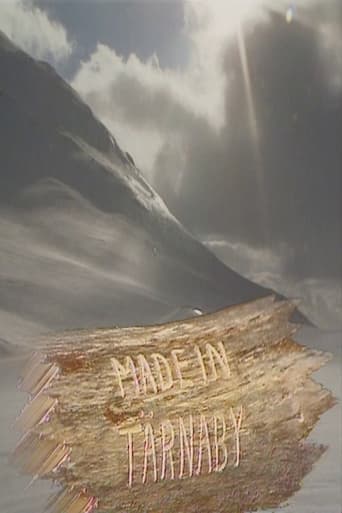
24 Dec 1990

Made in Tärnaby
Follows Astrid & Sune as they show techniques and methods of sami handcraft.
On Saturday, April 26, spring came to Sweden. That same day, Chernobyl nuclear power plant exploded. Bringing mild winds to Scandinavia. Sweden suffered heavily of radioactive poison.

24 Dec 1990

Follows Astrid & Sune as they show techniques and methods of sami handcraft.
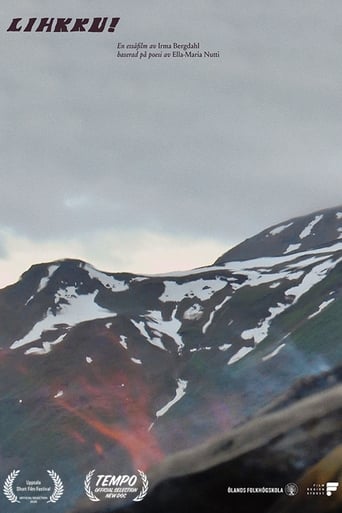
02 Mar 2020

An essay film about how it may feel to grow up as a young Sami in Sweden, with poetry written by Ella-Maria Nutti and graphics by Irma Bergdahl. The partying of a typical teenager together with the labels put on you that wont go away, the questions which are thrown on you as knives in the back. A tribute to our ancestors who fought for our rights and a declaration of love to the young Samis who continues to fight

24 Mar 2023

The documentary Rap and Reindeer follows the life of 18-year-old Sámi rapper Mihkku Laiti, who lives in the northernmost corner of Sámiland. The film is a coming-of-age story, following Mihku on his journey towards a career as a musician and rise to stardom in the midst of varying expectations. He’s charmed the crowd on Talent Suomi and proudly wears the Sámi clothing he has styled himself. He raps and yoiks in harmony, designs his own brand on his computer but also masters the skill of laborious reindeer herding. Above all, he sees his own unique roots and the Sámi language as his greatest strength. The future makes him wonder: to follow his father’s footsteps or to reach for his dreams.
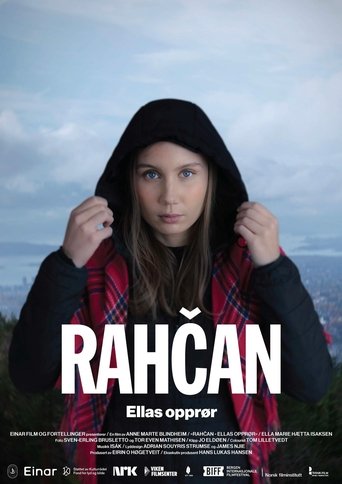
16 Mar 2023

Love, music, Sami identity and environmental activism go hand in hand in this inspiring tale of young singer Ella and her fight against the mining company that threatens her Sami heritage.
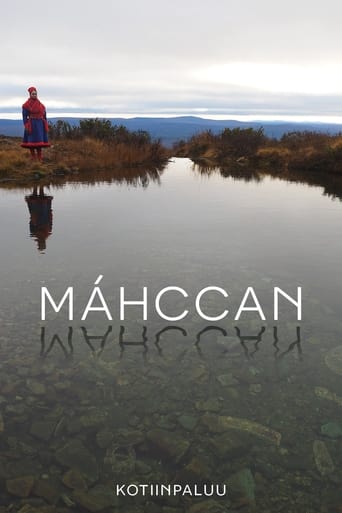
08 Sep 2023

Sámi artefacts from the Finnish National Museum are returning home to Sápmi, while the holy drums of the Sámi people are still imprisoned in the basements of museums across Europe. The returning objects symbolise the dignity, identity, history, connection to ancestors and a whole world view that was taken from the Sámi people. Director Suvi West takes the viewer behind the scenes of the museum world to reflect on the spirit of the objects, the inequality of cultures and the colonialist burden of museums.
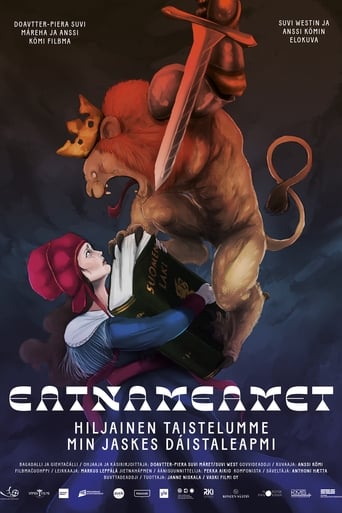
13 Mar 2021

The AssimiNation is a political pamphlet portraying the indigenous Sámi people fighting for their existence. The film follows the on going cultural genocide of the Sámi which the current Governmental politics allow. This film is a cry for help for the last indigenous people living in the EU.
15 Jun 2016
Examines the extraordinary lifelong friendship between Skolt Sámi storyteller Kaisa Gauriloff and the Swiss-Russian author Robert Crottet through the eyes of Gauriloff’s great-granddaughter Katja.
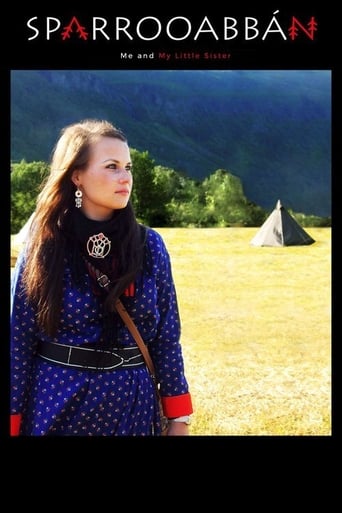
23 Jan 2016

Loving someone of the same gender is frowned upon in Sami communities. Sparrooabbán (Me and my little sister) shows what it’s like to be a minority within a minority. Suvi describes how her little sister Kaisa wishes to be accepted as she is. Like her sister, Kaisa is a Sami, but also in a relationship with a woman, and she also works as a deacon. There are obviously more constricting communities in the film than only one.
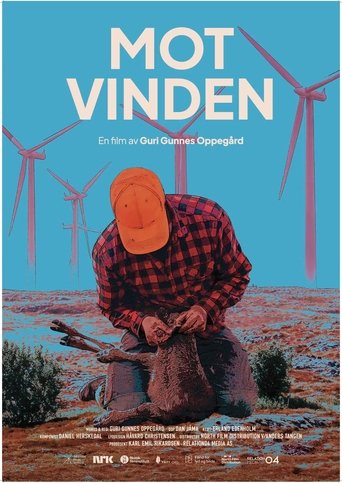
15 Sep 2025

No overview found
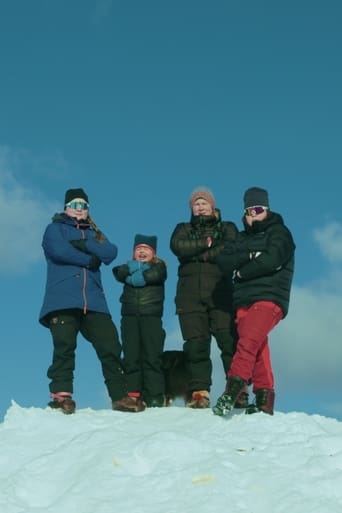
21 Oct 2020

A Sámi woman fights for her right to claim a tax deduction against the purchase of a dog. Why the Swedish authorities fail to recognize the dog's use as a reindeer herding tool versus a pet opens up a larger discussion about Indigenous rights and economic discrimination in this humorous takedown of the Swedish government's ignorance of Sámi culture.
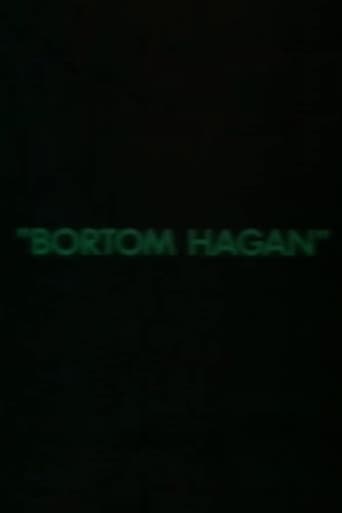
17 Jan 1988

Documentary about Lars Theodor Jonsson who was a cross country skier in the 1920s and 30s and now lives alone in the forest.
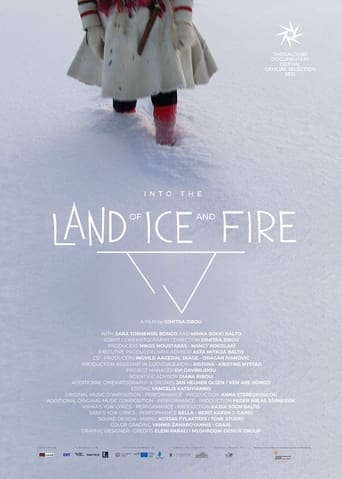
05 Nov 2022

Two parallel stories are gradually unfolding the everyday life of two very different persons - that of 86-year-old Sara and 7-year-old Mihka - both residing in Guovdageaidnu - Kautokeino, in the middle of the Norwegian arctic tundra, through the drastic change of the arctic seasons and the passage from the long winter’s darkness to the never-ending light of the summer season.
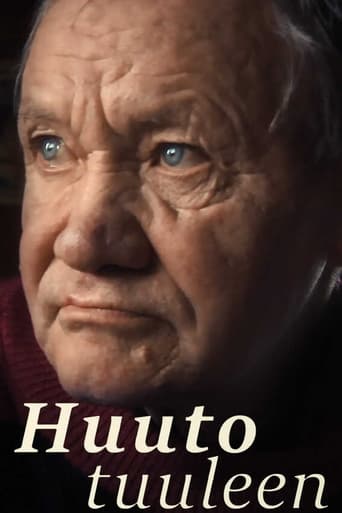
18 Dec 2007

The fate of a culture lies on the shoulders of few determined individuals.
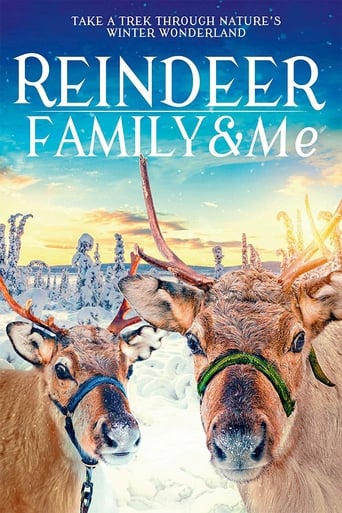
26 Dec 2017

Wildlife cameraman Gordon Buchanan travels to the frozen north, deep inside the Arctic Circle, to meet the ancient Sami people and the animals they hold so close - reindeer.
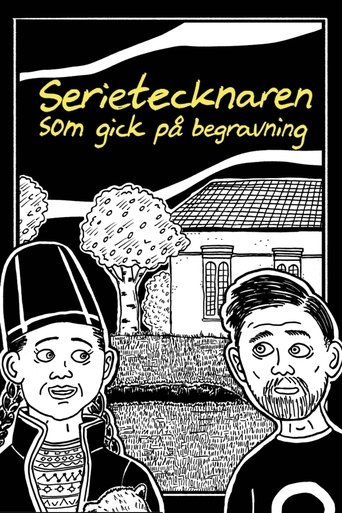
29 May 2025

A documentary about Sami comic artist Mats Jonsson and his relative Stor-Stina. Her remains were long believed to have been lost in a fire but were recently found and returned to her home town of Malå to be buried.
29 Nov 2011
Personal accounts from the Alta actions in the years 1979 to 1981. Large police forces were deployed against the demonstrators. The dispute over the Alta river began as an environmental issue, but became a major turning point for the Sámi people's struggle for equal rights in Norway.
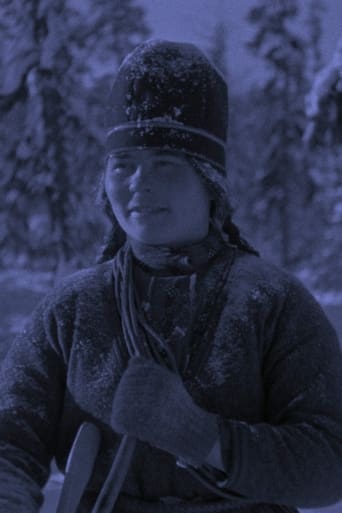
04 Dec 1926

Everyday wintertime life of Sámi reindeer herder Inka Länta and her family, mingling authentic and fictionalized takes.
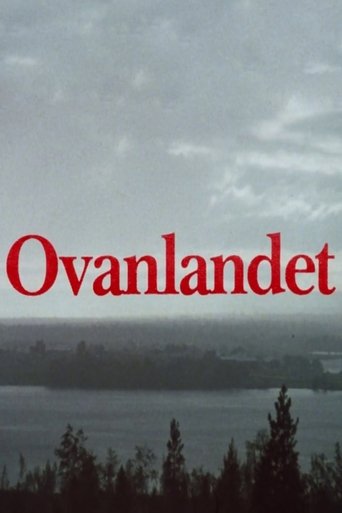
01 Jan 1985

In the film about "the land of eternal light and eternal darkness" we meet some women who talk about their lives. The women have all grown up in reindeer herding families and as children they lived in kotas, moved with reindeer and lived a life in nature. Their own children, on the other hand, have grown up in "normal" Swedish society. None of them have lived like their parents. The film addresses Sami culture, language, school. How modern technology has affected the lives of the Sami.
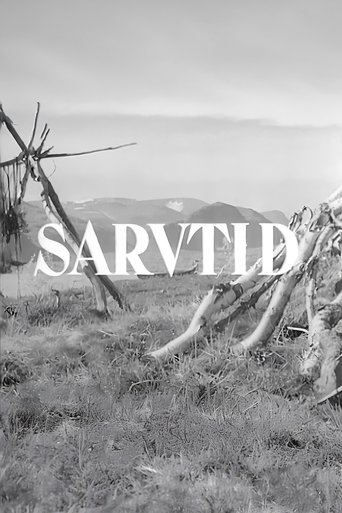
21 Aug 1944

Also known as Reindeer Time and Inheritance, this 9-minute short by Arne Sucksdorff documents the Sámi people’s autumn migration as they guide their reindeer herds back to the forest lands. Blending ethnographic observation with lyrical nature imagery, the film follows the reindeer through mountain landscapes, calving, herding, and branding, underscoring the deep interdependence of humans, animals, and the northern environment.
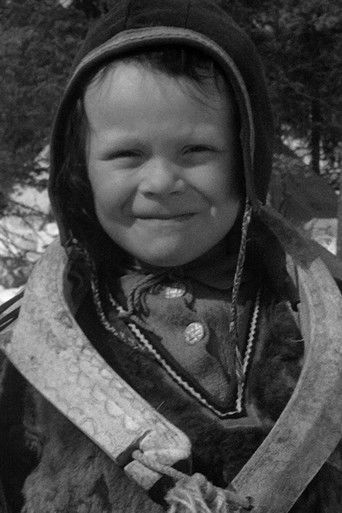
01 Jan 1944

Reindeer herding, the life of the Sami.